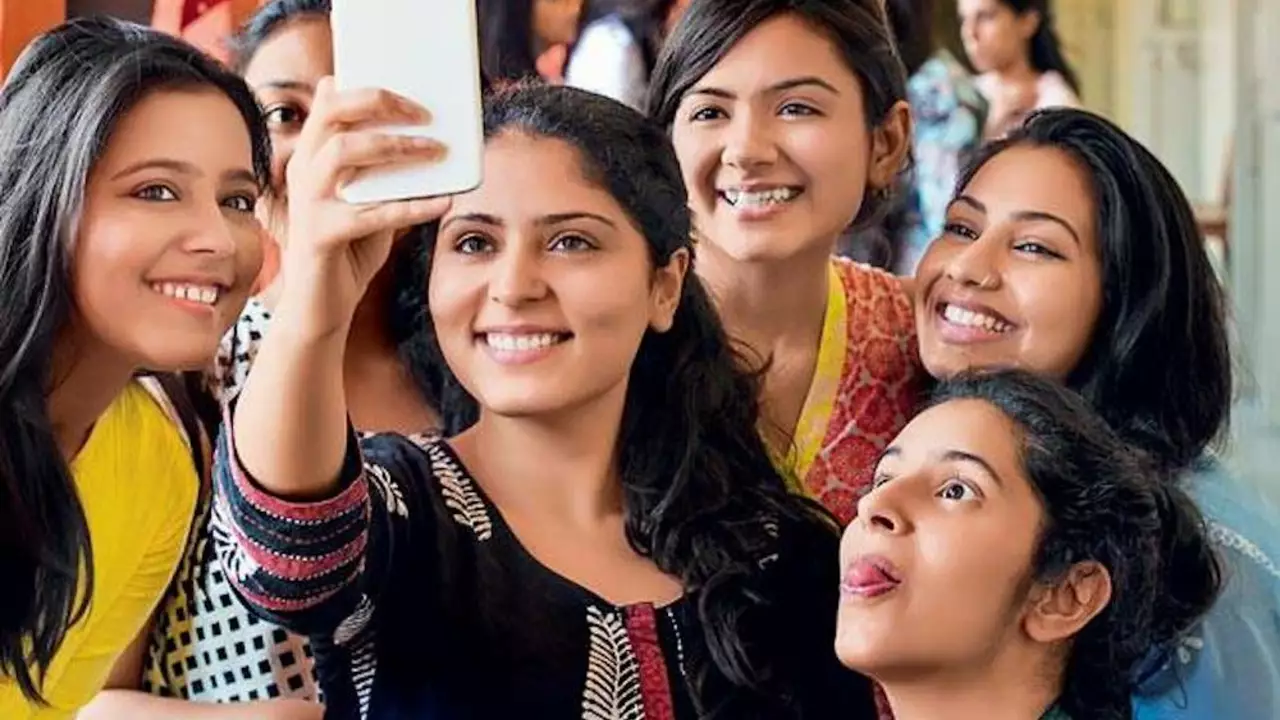
Cultural Differences: What They Mean in Everyday Life
Ever wondered why the same situation feels completely different when you move from one place to another? That’s the power of cultural differences. They show up in the food you crave, the way you talk to friends, and even the news you trust. Below we walk through a few real stories that illustrate how culture sways everyday choices.
Going Home: Why NRIs Return to India
Many Indians living abroad decide to pack their bags and head back home. It isn’t just about missing masala chai—though that helps. A booming economy, family ties, and familiar festivals all play a role. The pull of a growing job market mixes with the comfort of cultural rituals, making the move feel like a win‑win. If you’re thinking about a similar switch, start by listing what you value most—career prospects, family time, or cultural events—and weigh them against life abroad.
College Life in a Diverse Country
Campus life in India is a mash‑up of academic pressure, regional festivals, and student clubs. You’ll hear Hindi, Tamil, Bengali, and more in the same hallway. That mix forces you to pick up new customs fast—like celebrating Diwali with classmates you never met before. The key is to stay open, ask questions, and join events outside your comfort zone. Those experiences shape not just your resume, but your worldview.
Media habits also reveal cultural gaps. Some people love the Times of India for its breadth, while others complain about ads and clutter. The same news source can be praised or criticized depending on what readers expect from their media. If you find a news app too noisy, try one that offers regional language support; it might feel more in tune with your daily routine.
Even simple lifestyle choices show cultural influence. Deep‑fried snacks like samosas are delicious but high in calories. In some households, these treats are a must at every gathering, while health‑conscious families swap them for roasted alternatives. Understanding why a food is popular helps you decide whether to keep it or find a lighter version.
Professional advice also varies by culture. A life coach focuses on goal setting and forward momentum, whereas a counselor dives into past experiences and emotional healing. Knowing which approach fits your cultural background can speed up personal growth. If you come from a community that values open discussion, a counselor might feel more natural. If you’re goal‑driven, a coach could be the right fit.
All these examples point to one simple truth: cultural differences are everywhere, and they shape the way we think, act, and feel. The best way to handle them is to stay curious, respect the source of each difference, and decide how much of it you want to adopt in your own life.
So next time you notice a habit that seems odd, ask yourself: is this a cultural norm that I’m missing? A quick chat with a friend or a short online search can turn confusion into insight, and you’ll walk away with a fresh perspective on the world around you.
